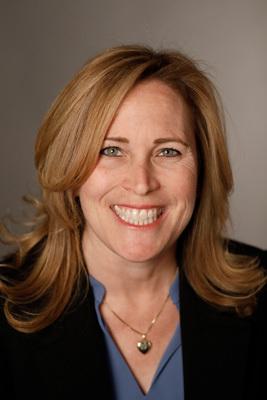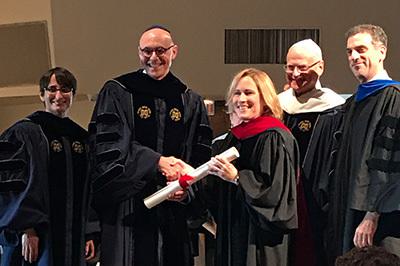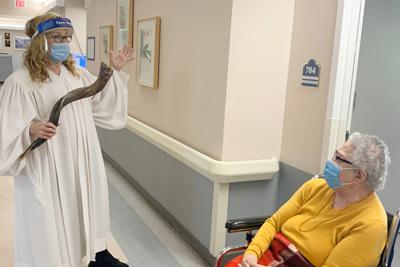Celebrating Fifty Years of Women Rabbis


Celebrating Fifty Years of Women Rabbis
This June marks the 50th anniversary of the ordination of the first woman rabbi in the United States. Sally Priesand was ordained on June 3, 1972, on the Hebrew Union College-Jewish Institute of Religion (HUC-JIR) campus in Cincinnati, Ohio. Her professional milestone was a giant step forward for Jewish women, who have in the past half century distinguished themselves in a broad range of influential rabbinical roles.
Rabbi Karen Bender is one such pioneering influencer. In her role as chief mission officer of the Los Angeles Jewish Home, she is an invaluable source of wisdom, compassion, nurturing, and care for thousands of residents, who look to her for guidance and counsel. Her presence at the Home is deeply valued by residents, staff, and leadership alike.

"Rabbi Bender has the ability to touch people in a special way," says Jewish Home CEO-President Dale Surowitz. "You can see her gift reflected in the faces of our residents during Shabbat services—how she rekindles memories and helps them access heartfelt emotions. We're tremendously fortunate to have her here."
Dale is not alone is his admiration. "Rabbi Bender is an extraordinary human being and a truly amazing rabbi," says Andy Berman, chair of the Jewish Home's board of directors. "The fact that she grabs, and holds, the attention of a congregation whose average age is 91, is just incredible. She makes all of us so proud."
It's a sentiment widely shared around the Home. "Rabbi Bender has the ability to see the essence of every resident and connect deeply with them, and she lifts up their spirits with her presence, services, music, humor, and love," enthuses Ilana Springer, CEO/administrator of the Jewish Home's Joyce Eisenberg Keefer Medical Center.
In characteristically humble fashion, Rabbi Bender is less focused on her own accomplishments than on her gratitude for the path forged by Rabbi Priesand 50 years ago.

"We live in a patriarchal society, and not everyone likes to see women in leadership roles," she notes. "When women started being ordained, there was a lot of push back, and Rabbi Priesand took the brunt of it. What's remarkable to me is that she carries those memories so elegantly and chooses not to dwell on the negative, but instead to emphasize all the wonderful things she has done and experienced."
Perspective, Rabbi Bender says, is everything. "I've now been a rabbi for nearly 30 years. And, thinking back over my experiences, I could really tell the story in two different ways, and I suspect that would be the case for all women rabbis," she says. "We could share countless examples of the ways people tried to keep us down. Or we can tell it as a glorious, joyful story of aspiration, fulfillment, achievement, and creativity. That's definitely the lens through which I see things."

For Rabbi Bender, working at the Jewish Home provides a constant opportunity to reflect on the significance of being a woman rabbi. "I know what it means to the elderly Jewish women I have the pleasure of spending time with every day," she says. "I've had female residents tell me they wanted to be a rabbi, but that it wasn't allowed in their day. Seeing me in this position is beyond nachas—it's empowering. And how wonderful, at this stage of their lives, to be validated, not just as Jews, but as Jewish women."